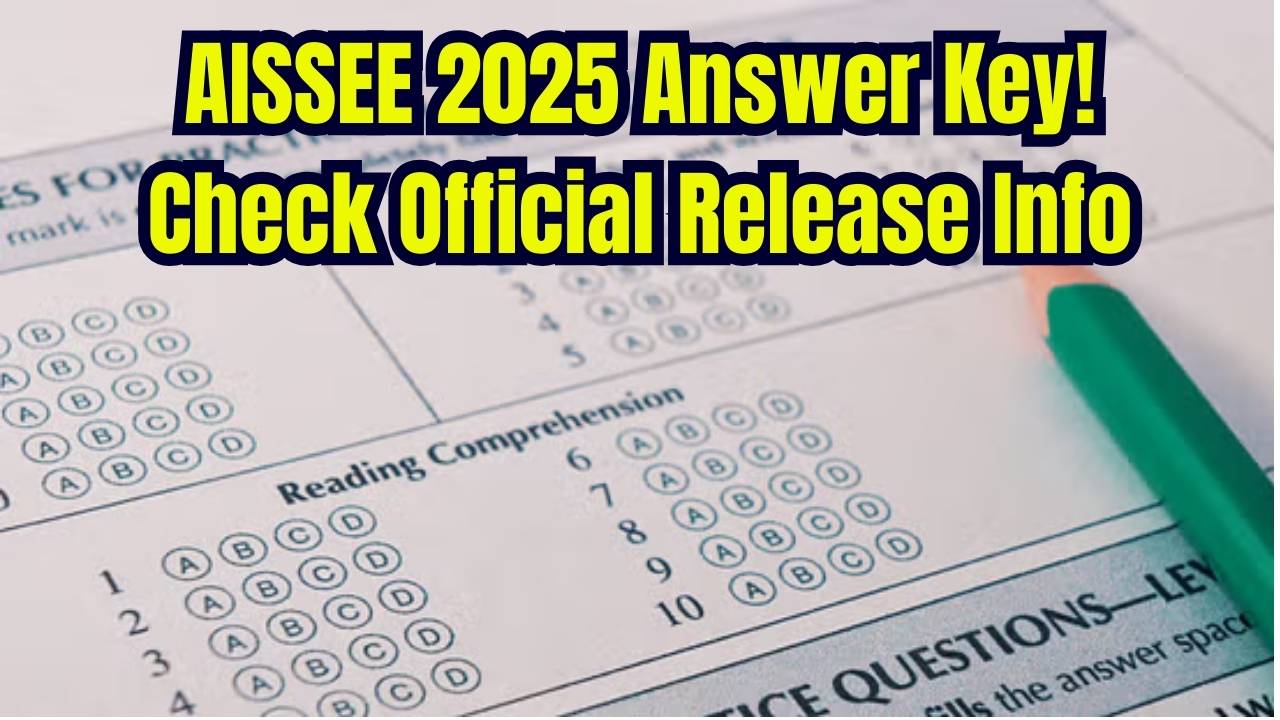
Personal Independence Payment (PIP) is a crucial support for many individuals in the UK living with long-term health conditions or disabilities. PIP payments, which can total up to £5,285 annually, provide assistance to help individuals manage daily living expenses and mobility needs. This benefit plays a key role in improving the quality of life for eligible claimants, particularly seniors, who may face greater challenges as they age.
In this article, we will break down everything you need to know about PIP payments for seniors in the UK. From eligibility criteria and payment amounts to key dates and application processes, this guide will offer all the necessary information to ensure you fully understand how to access these benefits and make the most of the support available to you.
PIP Payments of £5,285 for UK Seniors
| Key Information | Details |
|---|---|
| Maximum Annual Payment | £5,285 |
| Eligibility Age Range | Between 16 and State Pension age (Seniors over State Pension age apply for Attendance Allowance) |
| Payment Components | Daily Living Component, Mobility Component |
| Payment Frequency | Every 4 weeks |
| Application Process | Online or via phone, followed by an assessment |
| Official Information | gov.uk – PIP |
PIP is an invaluable benefit for those who need extra help due to a long-term health condition or disability. While seniors who have reached State Pension age will need to apply for Attendance Allowance instead of PIP, those under State Pension age can receive up to £5,285 annually to support their daily living and mobility needs. By understanding the eligibility criteria, payment rates, and the application process, you can ensure that you’re receiving the support you need to live a more comfortable and independent life.
What is PIP and Who Can Receive It?
PIP is a benefit provided by the UK government designed to help individuals who face extra costs due to long-term health problems or disabilities. It is divided into two parts: Daily Living Component and Mobility Component, which are paid at different rates depending on the severity of the individual’s needs.
For seniors, it’s important to note that PIP is only available to people who are under the State Pension age. Once you reach this age, you will need to apply for Attendance Allowance instead. Attendance Allowance is a similar benefit designed for older adults who need help with personal care but don’t have significant mobility issues.
Eligibility Criteria for PIP
To qualify for PIP, applicants must meet specific eligibility requirements:
- Age Range: You must be between 16 and State Pension age.
- Residency: You must have lived in the UK for at least two of the last three years and be habitually resident in the country.
- Health Condition: You must have a long-term physical or mental health condition that affects your ability to complete daily tasks or move around. The condition should have lasted for at least three months and is expected to last for at least nine months.
- Daily Living or Mobility Needs: The main purpose of PIP is to assist people who require extra help with either daily living activities or mobility. For example, if you need help cooking meals, bathing, dressing, or walking, you may be eligible.
For more detailed information, visit the official PIP Eligibility page.
Breakdown of PIP Payment Components
1. Daily Living Component
This component of PIP is designed to help with the extra costs of daily activities. These can include tasks such as preparing food, personal care (e.g., washing, dressing), and managing your medications.
- Standard Rate: £73.89 per week
- Enhanced Rate: £110.40 per week
To qualify for the Enhanced Rate, you must show that you need help with most of the activities of daily living or that your needs are complex and ongoing.
2. Mobility Component
The Mobility Component helps those who struggle with getting around, whether it’s walking, using public transportation, or needing assistance when out and about.
- Standard Rate: £29.19 per week
- Enhanced Rate: £77.04 per week
If your condition severely limits your ability to walk or travel safely, you may qualify for the Enhanced Rate of this component.
Example Scenario
For example, if a senior claimant needs help with dressing, preparing meals, and getting around due to a chronic illness, they could receive the Enhanced Rate for both the Daily Living and Mobility components. This could amount to £187.44 per week, or £9,779 annually.
How Much Can You Receive Annually?
The maximum amount you can receive annually depends on which rates you qualify for. The total amount you can claim annually is based on both the Daily Living and Mobility components combined.
If you qualify for both the Enhanced Rate for Daily Living and Enhanced Rate for Mobility, you could receive:
- £110.40 (Daily Living Enhanced Rate) + £77.04 (Mobility Enhanced Rate) = £187.44 per week
- £187.44 per week x 52 weeks = £9,779 per year
If you qualify for the Standard Rate for both components, the total would be lower, at £5,285 annually.
How to Apply for PIP
Step 1: Contact the DWP
To begin the application process, you must contact the Department for Work and Pensions (DWP). You can either call the PIP claims line at 0800 917 2222 or apply online via the official PIP application page.
Step 2: Complete the Claim Form
Once you initiate the claim, you will receive a claim form. This form asks for details about your condition and how it affects your daily life. It’s important to be thorough in explaining how your health condition affects you, as the DWP will use this information to assess your eligibility.
Step 3: Attend an Assessment
You may be asked to attend a face-to-face assessment with a healthcare professional. During this assessment, you’ll be asked to demonstrate how your condition impacts your ability to perform daily tasks and move around. The healthcare professional will then write a report that is submitted to the DWP.
Step 4: Decision
After the assessment, the DWP will review your application and send you a decision letter. This will inform you whether you qualify for PIP and, if so, the rate at which you will be paid.
For a detailed guide on the application process, visit the official PIP Claim Guide.
PIP Payment Dates
PIP payments are typically made every four weeks. The exact dates depend on your individual circumstances and National Insurance number. You can set up a bank account for direct payments, making the process more convenient.
It’s important to stay on top of your payment dates, as any delays or errors may lead to disruptions in your support. If you experience problems with your payments, be sure to contact the DWP for clarification and assistance.
PIP vs. Attendance Allowance for Seniors
Once you reach State Pension age, you are no longer eligible for PIP. Instead, seniors can apply for Attendance Allowance, which is similar in purpose but focuses solely on help with personal care, not mobility.
Attendance Allowance is available in two rates:
- Lower Rate: For those who need help during the day or night.
- Higher Rate: For those who need help during both day and night.
For more information on Attendance Allowance, visit Age UK’s Attendance Allowance page.
Common Mistakes to Avoid During the PIP Application Process
When applying for PIP, there are several common mistakes that can affect the success of your claim. Here are a few to watch out for:
- Underestimating Your Needs: It’s important to fully explain how your condition affects your daily life. Sometimes, applicants understate their limitations, thinking they may not be eligible. Be thorough and specific.
- Missing Deadlines: Make sure to complete and return forms on time, as missing deadlines can delay or even cancel your claim. Keep a copy of everything you send to the DWP for your records.
- Not Preparing for the Assessment: The assessment is a critical part of the PIP process. If you’re asked to attend, make sure to prepare by considering how your condition affects your daily life and mobility. It’s helpful to write things down beforehand so you don’t forget important details during the assessment.
- Failing to Include Supporting Evidence: Provide any medical reports, letters from healthcare providers, or other documents that support your claim. These can significantly strengthen your case.
- Not Following Up on the Decision: If you disagree with the decision or believe you are entitled to a higher rate, don’t be afraid to challenge it. You have the right to request a mandatory reconsideration or to appeal to a tribunal.
Frequently Asked Questions (FAQs)
1. Can seniors still claim PIP after reaching State Pension age?
No, once you reach State Pension age, you are no longer eligible for PIP. You must apply for Attendance Allowance instead.
2. How long does the PIP application process take?
The PIP application process can take several weeks to complete. After you submit your claim, you may be asked to attend an assessment, which can take additional time. On average, decisions are made within 8 weeks of submitting the application.
3. What happens if I disagree with the decision?
If you disagree with the DWP’s decision, you can ask for a mandatory reconsideration. If you’re still unhappy with the outcome, you can appeal to an independent tribunal.
4. How often do I need to apply for PIP?
Once you are awarded PIP, it will typically be reviewed periodically. This review is to check whether your circumstances have changed, and you may be asked to complete another form or attend an assessment.







